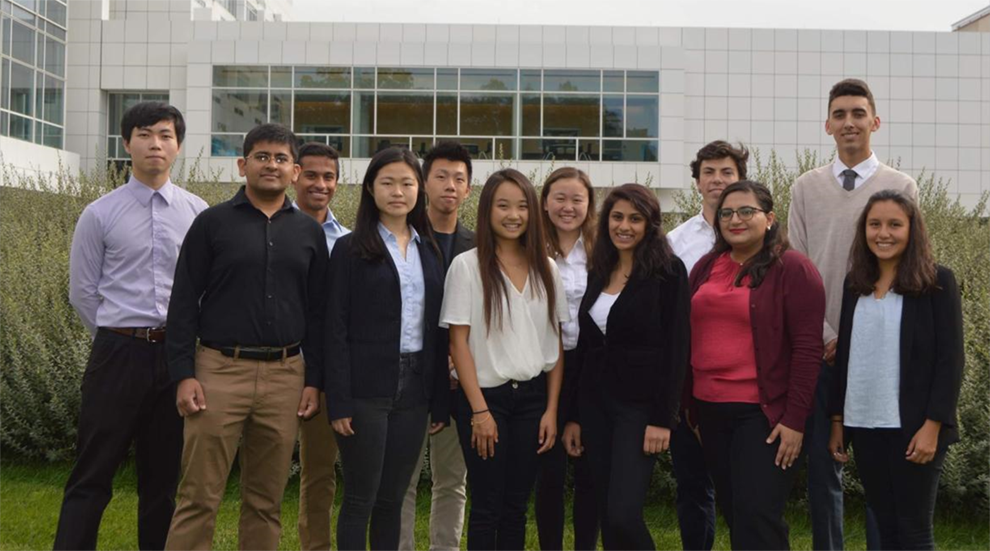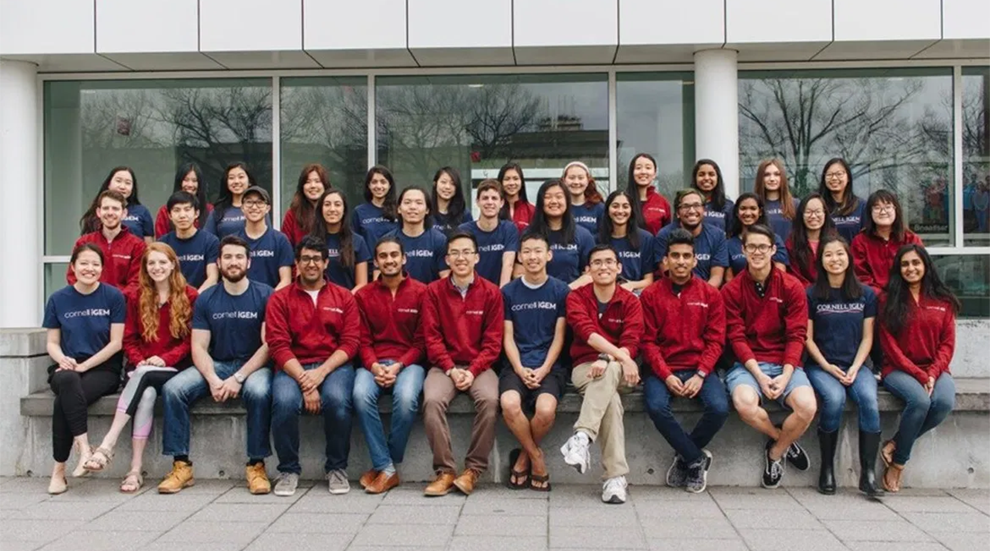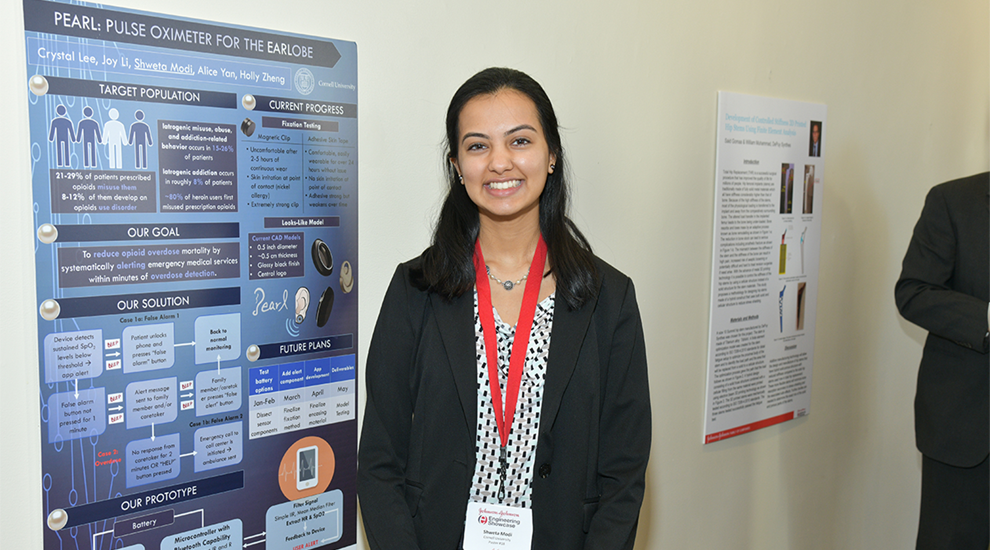
BME is a way to help people and work to improve human health without becoming a doctor, so it really appealed to me. The practical laboratory classes have been extremely valuable in building various skills which have given me a strong, broad foundation for biomedical research.























